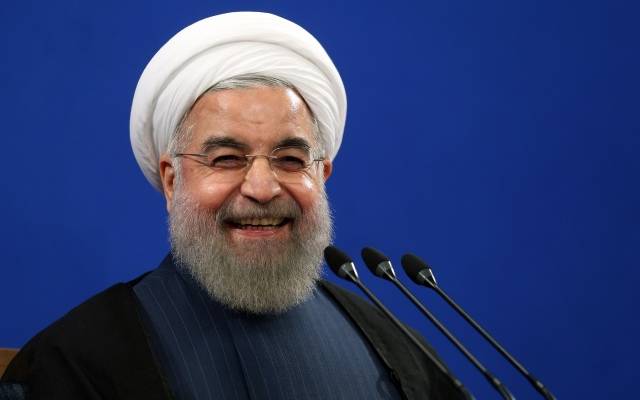Iran’s recent decisions over the nuclear deal demonstrate it has actually rejected it and replaced it with an accord of its own.
Iran’s Supreme leader Ali Khamenei declared last week that he endorsed the nuclear deal with the six world powers, and Iran’s parliament also ratified the accord, leading the international community to laud the deal as a diplomatic success.
However, analysis of these recent political developments in Iran regarding the nuclear deal leads to the conclusion that Iran’s endorsement was phony and what the Islamic Republic ratified was, in fact, an accord they tailored according to their own needs and requirements, and not the original document agreed upon with the P5+1 Powers.
On October 21 Khamenei published a letter of guidelines to Iranian President Hassan Rouhani on the execution of the Joint Comprehensive Plan of Action (JCPOA). Intended as an historical document aimed at assuring Iran’s future, the letter was publicized on state TV and in English on social media.
The letter is now a founding document in all things concerning the JCPOA and the conditions under which Iran will be willing to execute it, MEMRI (Middle East Media Research Institute) points out in a lengthy analysis of his letter.
The letter, defined by Khamenei on his website as “conditional approval” of the JCPOA, sets several new conditions for Iran’s execution of the agreement.
The set of conditions laid out by Khamenei creates a situation in which not only does the Iranian side refrain from approving the JCPOA, but, with nearly every point, creates a separate obstacle, such that executing the agreement is not possible.
Khamenei set nine conditions, for the approval of the nuclear deal.
Mandates of Implementation of #JCPOA #Conditional_JCPOA_Approval pic.twitter.com/JsVOvadLIZ
— Khamenei.ir (@khamenei_ir) אוק׳ 21, 2015
His conditions include the demand that the US and Europe lift any and all sanctions, not suspend them, which constitutes a total change of the JCPOA, and the changing around of the timetables for the implementation of the deal, creating a situation in which Iran will not take action as stipulated in the JCPOA, and will not meet its obligations, before the sanctions are eased, but instead dictates that the sanctions must first be lifted completely and states that only then will Iran meet its obligations.
Also, Iran will carry out its obligation to ship out its enriched uranium to another country only gradually, and various other conditions that basically nullify the declared goal of the JCPOA, which is to reduce Iran’s nuclear enrichment capabilities and thwart any speedy execution of the agreement.
“These conditions constitute late and unilateral additions to the agreement that fundamentally change it,” MEMERI writes in the report.
MEMRI further notes that in his introduction to the new conditions, Khamenei attacks the US and President Obama with great hostility, and calls for Obama to be prosecuted by international judiciary institutions.
By: United with Israel Staff
